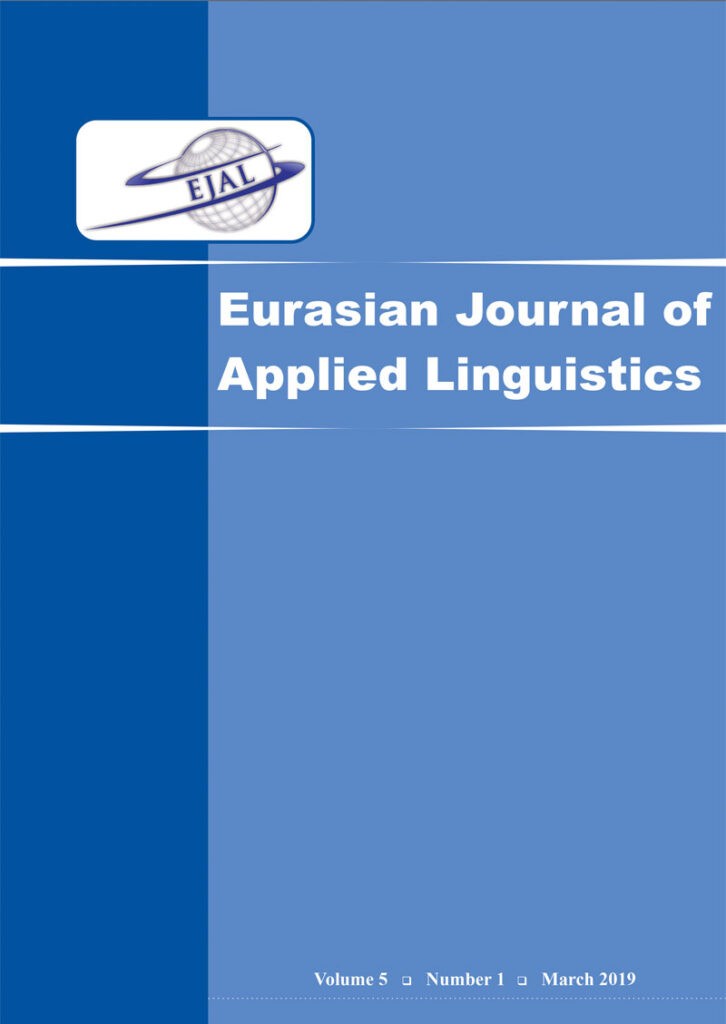ICT Competence and Needs of Turkish EFL Instructors: The Role of Gender, Institution and Experience
Özdenur Ardıç National Defense University https://orcid.org/0000-0003-0334-0599Hatime Çiftçi Bahçeşehir University https://orcid.org/0000-0001-7907-6793Keywords:Professional Development (PD) Needs, Information and Communication Technology (ICT), EFL Teachers, Technology Integration Abstract This study aimed to scrutinize Information and Communication Technology (ICT) competence of English as a Foreign Language (EFL) instructors in Turkey and their professional development (PD) needs in ICT in relation to […]


